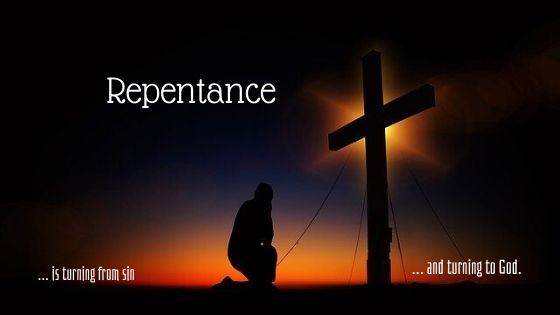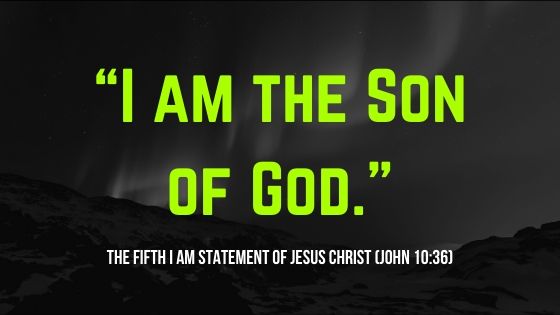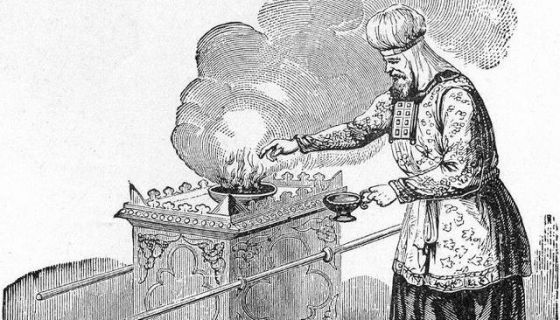Why is Jesus Called the Son of Man?
During His earthly ministry, Jesus’ favorite designation in referring to Himself was “the Son of Man.” As a matter of fact, seventy-eight times the Gospels record Jesus using this title for Himself. One of the most notable instances was when Jesus asked His disciples the question about His identity and put it to them this … Read more










